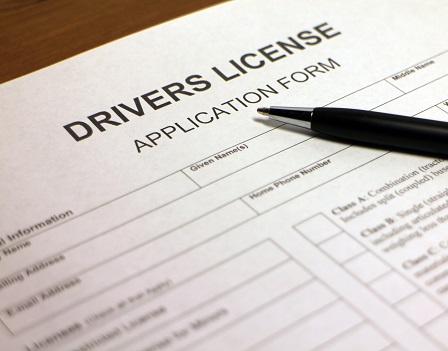
With a July birthday and a driver’s license that is expiring this year, I recently received a notice in the mail informing me that I could renew my driver’s license or apply for the new REAL ID-compliant driver’s license. After reading the materials, I decided it made sense for me to apply for the REAL ID. It was a slightly more painful process than just renewing my license (I’ll explain shortly), but given the changes coming, it made sense for me.
Congress Passed the REAL ID Act in 2005 in response to the 9/11 attacks, and it has taken all these years to roll out the new standards. The goal of the REAL ID Act is to increase airline security by requiring more documentation before anyone will be allowed on a flight.
Starting on October 1, 2020, U.S. residents 18 years of age and older will need either the REAL ID or their passport (or any other form of ID listed on the TSA website) to board a flight. In many states, including Illinois, the standard driver’s license will no longer be a permissible form of ID to go through airport security; however, it is still acceptable for driving, voting, or receiving government benefits. You do not have to apply for the REAL ID, and you may decide it isn’t worth the extra effort if you are comfortable traveling with your passport. For me personally, I did not want to worry about remembering to bring my passport each time I travel or be concerned about losing it.
So, what is involved in applying for the REAL ID? You must visit a Secretary of State facility (DMV in some states) in person and bring at least one of the below items in each category (helpful hint: do not bring anything stapled as that jams in their scanners):
1. Proof of Identity – Examples Include:
- U.S. birth certificate
- U.S. passport
- Employment authorization document
- Permanent resident card or foreign passport with an approved form I-94
2. Proof of Your Social Security Number – Examples Include:
- Social Security card
- W-2
- Paystub with your full Social Security number visible
3. Proof of Residency (Two Documents Showing Your Name) – Examples Include:
- Lease agreement
- Mortgage statement
- Utility bill
- Employment, medical, or school document
- Deed/title
- Bank statement
4. Proof of Signature – Examples Include:
- Current driver’s license
- Credit/debit card
- Canceled check
The list above will satisfy the requirements for Illinois. For those who live in Wisconsin, the requirements can be found here. However, each state has slightly different rules, so if you do not live in Illinois or Wisconsin, be sure to check with your local Secretary of State/DMV facility. In most states, REAL ID cards have a gold or black star in the upper right-hand corner of your license. New licenses that are not REAL ID-compliant say “Not for Federal Identification” or “Federal Limits Apply.”
Another option for traveling after October 1, 2020, is a passport card (which is REAL ID-compliant). If you are renewing your passport, you have the option of purchasing a passport card for an additional fee. The passport card may be a workaround if you do not want to apply for the REAL ID.
It is hard to say if the REAL ID is worth the extra effort, but for me, the small inconvenience of gathering all those documents means I don’t have to worry about the impending changes. There is over a year before these changes take effect, but if your license is expiring soon, it may be a “REAL” easy decision.


